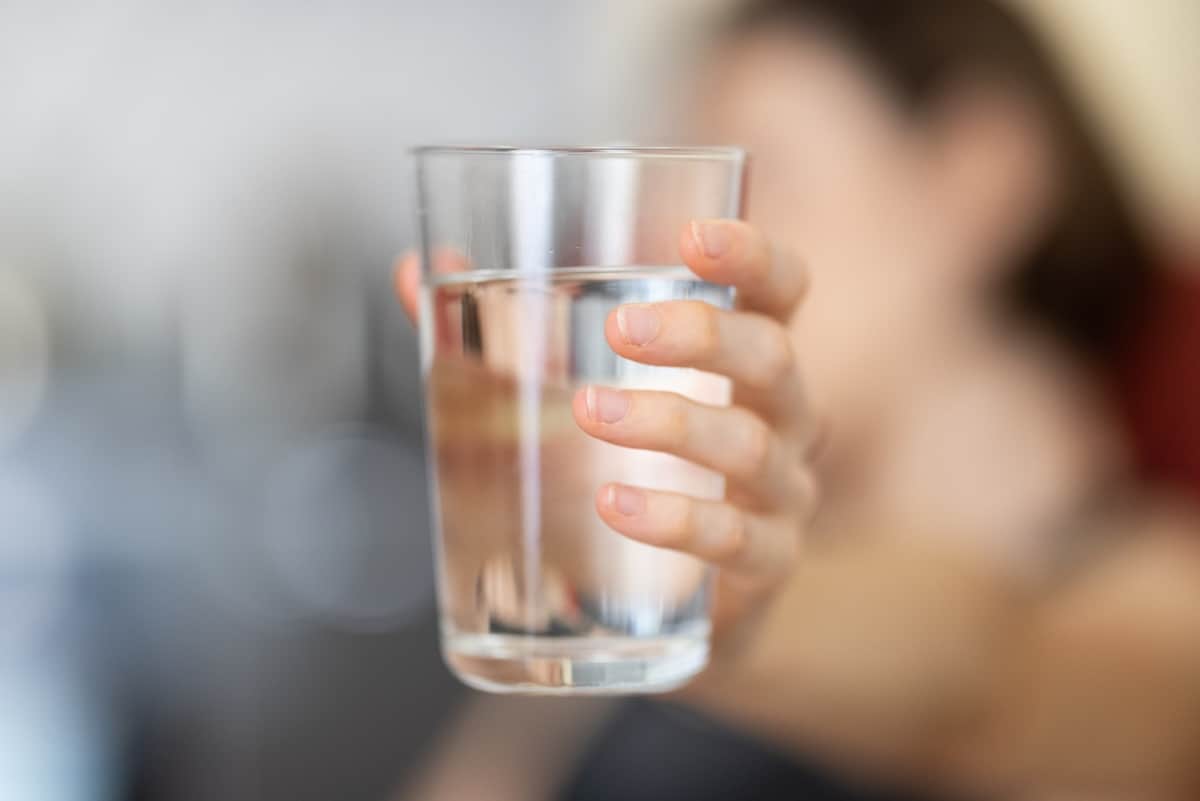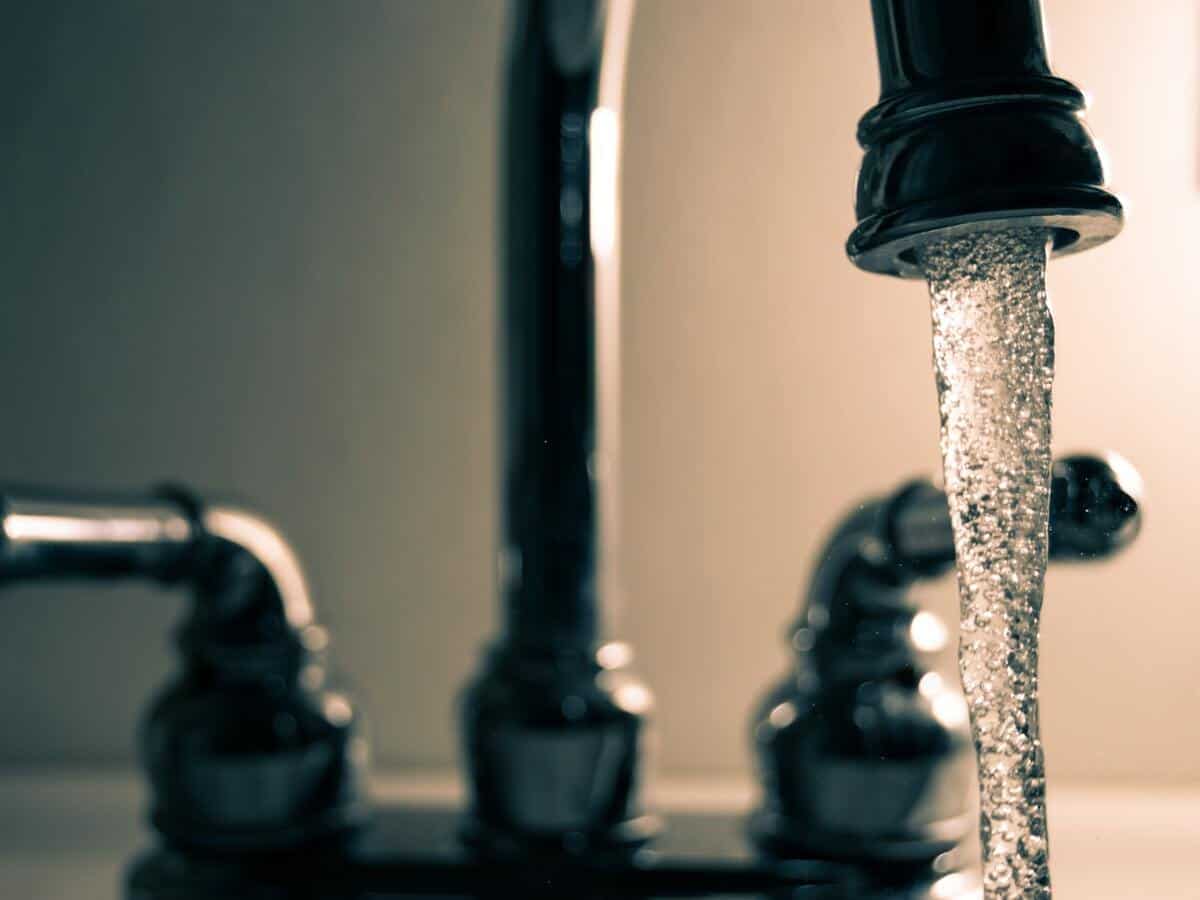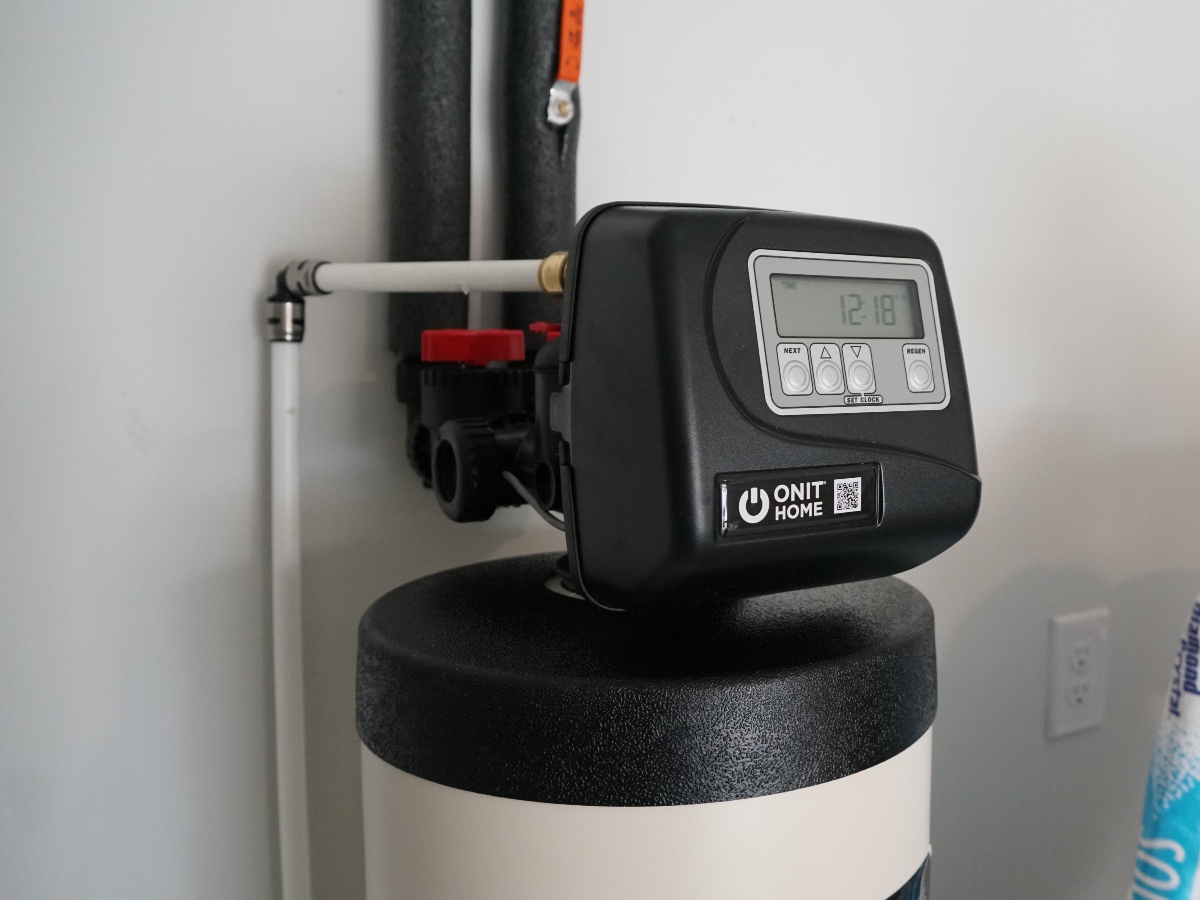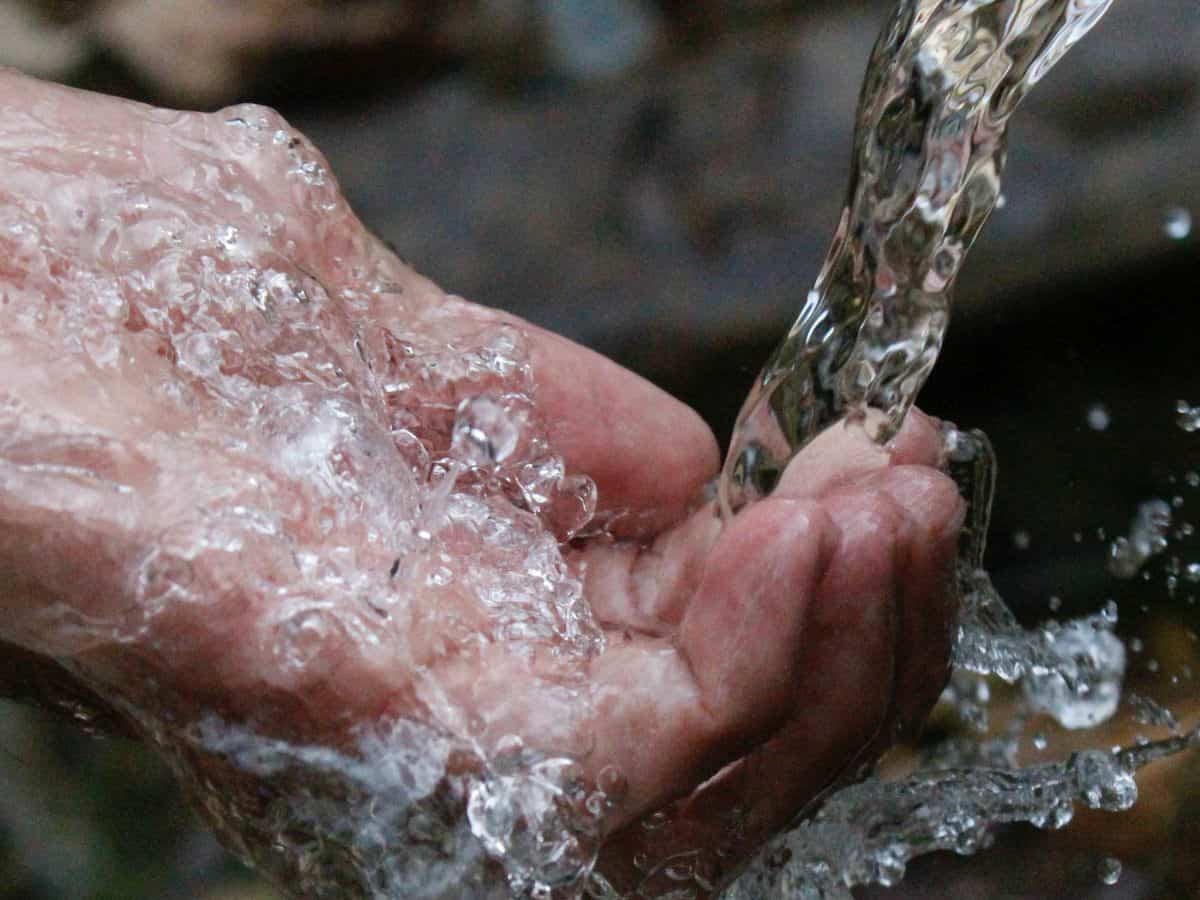There’s no question that water is one of the most essential elements supporting the existence of humans. Without it, there would be no life on earth at all. That’s why it makes good sense to find as many ways to conserve water, our life-giving, precious resource, as possible. This is especially true in light of the fact that there are forces at work that are depleting our water supplies daily.
The ever-increasing population of earth means there are more and more thirsty mouths needing water. At the same time, rising temperatures on the planet are contributing to making everyone just a little bit thirstier. You might think that water conservation is a topic for governments and agencies to manage. However, a great deal can be done by ordinary citizens at the street level.
By conserving water in several ways, each household can contribute to an overall savings in water usage. The recycling movement began in much the same way. A few people started doing it at home, and it spread to the community, then into the national consciousness. If the same thing could happen with water conservation, there would be no shortages at all. Here are some of the things you can do right at your home to help conserve our precious water supply.
Why It’s So Important to Conserve Water
The first reason why we need to find ways to conserve water is the fact that the global water supply is only finite. That means it will run out eventually. If you happen to live in an arid, dry climate, you may think the water supply has already been tapped out. On the other hand, there are places on earth that average more than 400 inches of rainfall every year.
With the global population ever on the rise, and temperatures following suit, that’s a formula that can only result in a depleted water supply. Keep in mind that freshwater constitutes only 3% of the available water supply on earth’s surface. The vast majority of the water is saltwater, tied up in the oceans of the world. In addition, some of the freshwater supply is locked up in ice and glaciers, and that makes it inaccessible.
All this means that there is far less drinkable water on earth’s surface than we’ve all been thinking. Some countries are already faced with ongoing shortages of potable water. Given the scarcity of supply and the enormous demand for fresh water, it’s not surprising that demand has outstripped supply. This has resulted in water shortages in many parts of our world. This is why it’s so important that we all do what we can to conserve the global supply of life-giving water.

Ways to Conserve Water
Hopefully, your local government has already adopted some policies that will contribute to water conservation efforts. In any case, it’s very important that people at the street level become involved also and do what they can to conserve water. Below are some tips you can use to save water around your household. If you can get your family members on board, you’ll be doing your part for global water conservation. You might even inspire a neighbor or two to participate as well.
Avoid Dishwasher Waste
The best way to use your dishwasher is to make sure you have full loads in the washer. This will require only something like 10 gallons of water per load to keep your dishes clean. You’ll generally use much more water if you wash your dishes by hand. This is because most people leave the tap running while hand washing. If you prefer washing your dishes by hand, fill up one part of your sink with water. That means you won’t have to run tap water the entire time. If you are ready to replace your dishwasher, take the opportunity to find a high-efficiency model that uses less power to generate more output. By making efficient use of your dishwasher, you can always save a few gallons of water each day.
Install a Water Filter
When you purchase bottled water, it actually requires three liters of ordinary water to create one liter of bottled water. In addition, the plastic container that bottled water comes in requires millions of gallons of oil in the manufacturing process. If you want to be sure that your family is drinking clean, uncontaminated water, you should just install a water filter near your faucets. This will give you the convenience of tap water, while saving you money by not purchasing bottled water. You’ll get all the benefits of filtered water, such as water conservation and conservation of other resources as well.

Limit Faucet Use
Many people get into the habit of leaving the faucet running when they’re shaving, washing their hands, or brushing their teeth. This can be a tremendous waste of water, because it literally allows water to be flushed right down the drain. It’s also a good idea when you do have to use tap water to put it at a lower water pressure, rather than opening it up completely. This will always reduce the amount of water that you use, and it will tend to minimize any waste.
Take Shorter Showers
We know, we know. This is a hard one! Showers don’t use nearly as much water as baths do. In terms of water conservation, it’s much better to take showers than baths. People who stand in the shower for 30 or 40 minutes are invariably wasting a great deal of water that could be better used elsewhere. It really only takes about five minutes in the shower in order for you to wash your hair and get clean. Any more than that is simply an exercise in self-indulgence.
Replace Running Toilets
Technology has improved for the process of making toilets over the last several decades. Modern manufacturers are producing more efficient toilets that flush better and use less water. Any toilet manufactured before 1992 might use up to eight gallons every time it gets flushed. When you replace an older toilet with a newer one, you’ll automatically be saving a great deal of water. You might also save some money on your utility bill. If you’re in the market for replacing your toilet, look for the EPA’s WaterSense label. That will tell you the toilet uses less than 1.5 gallons per flush and is excellent for water conservation. If you happen to notice that your toilet is constantly running, either repair it or replace it all together.
Purchase Linen Over Cotton
While this might not seem like a water conservation tactic, it certainly can be. That’s because it’s very water-intensive to make cotton, as opposed to making linen. If you’ve gotten used to the feel of cotton, try to find sheets that have been certified by the Global Organic Textiles Standard. This certifies that the sheets were produced under conditions favoring environmental awareness. One of these conditions is responsible use of water. That means any cotton sheets that have this certification were produced using efficient water practices.
Run Your Washing Machine With a Full Load
When you’re washing your clothes, it will be much more efficient to go with a full load than with a partial. The newer washers are really efficient in this particular area. Modern front-loading washers will generally require about 27 gallons per load. Older top-loading washers typically require 43 or more gallons of water per load. If you’d like to conserve electricity as well as water, consider drying your clothes in the open-air. Not only will your clothes last longer, but you will have saved considerable energy by not having to use a drying machine.
Use Mulch to Increase Soil Retention
By spreading mulch under your garden plants, shrubs, and trees, you will be increasing their ability to retain water. That means less will be required if you have to manually water your plants during a dry spell. Since the mulch holds water in the ground better, not as much is needed by your plants, either from rainfall or from your sprinkler system. Mulch costs a lot less than water, and there is no critical shortage of mulch anywhere, so use it liberally to avoid wasting water.

Home Water Filtration Systems From ONIT
One of the great ways to conserve water is to have a water filtration system from ONIT installed at your residence. Contact us at 1-833-433-0331, so we can discuss the needs of your household. We can also answer any questions you might have about our water filtration systems. One thing you can count on – more than 99% of all contaminants in your water will be removed by the ONIT system. That means you can have peace of mind about what your family is drinking and bathing in.



